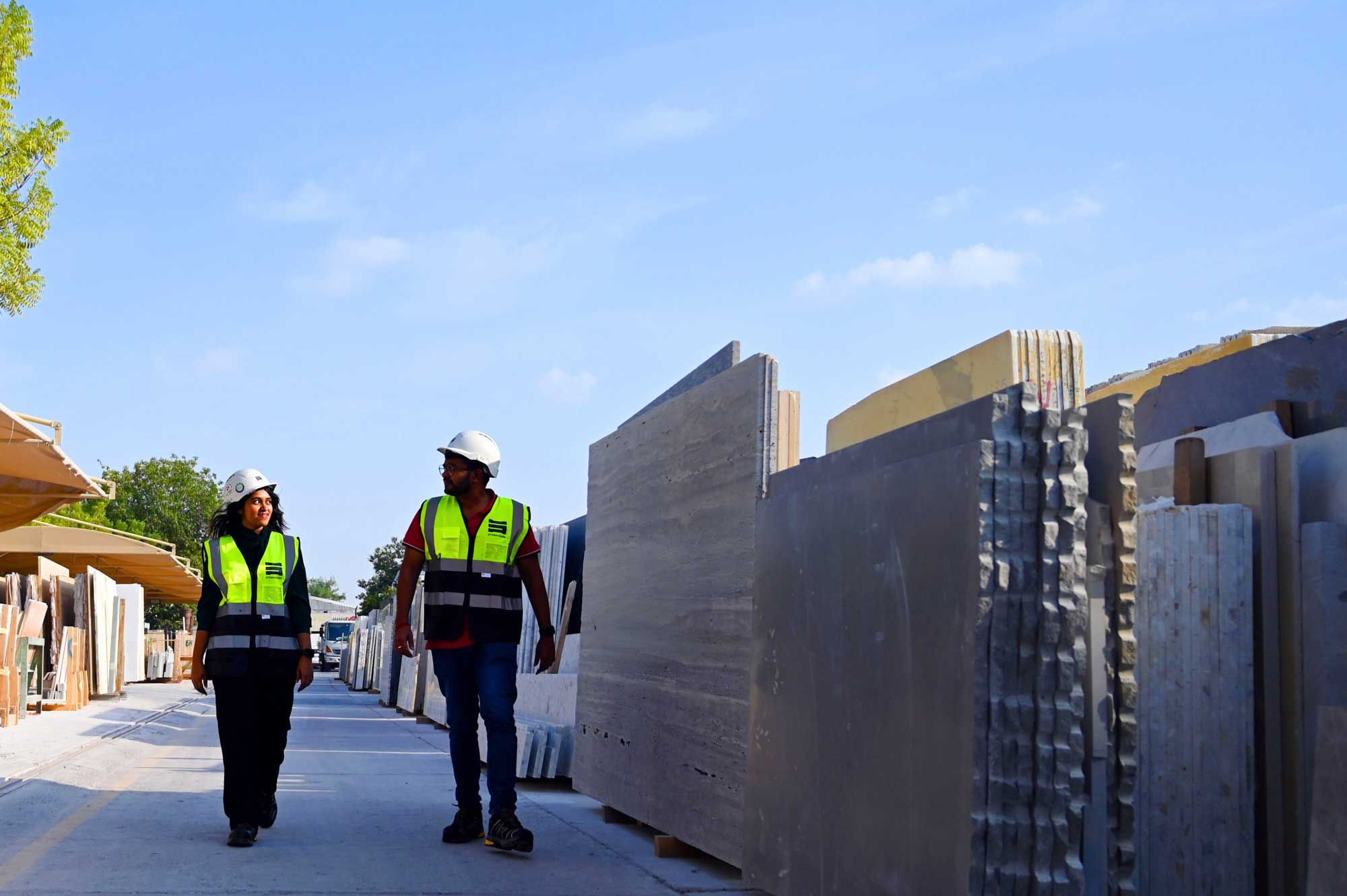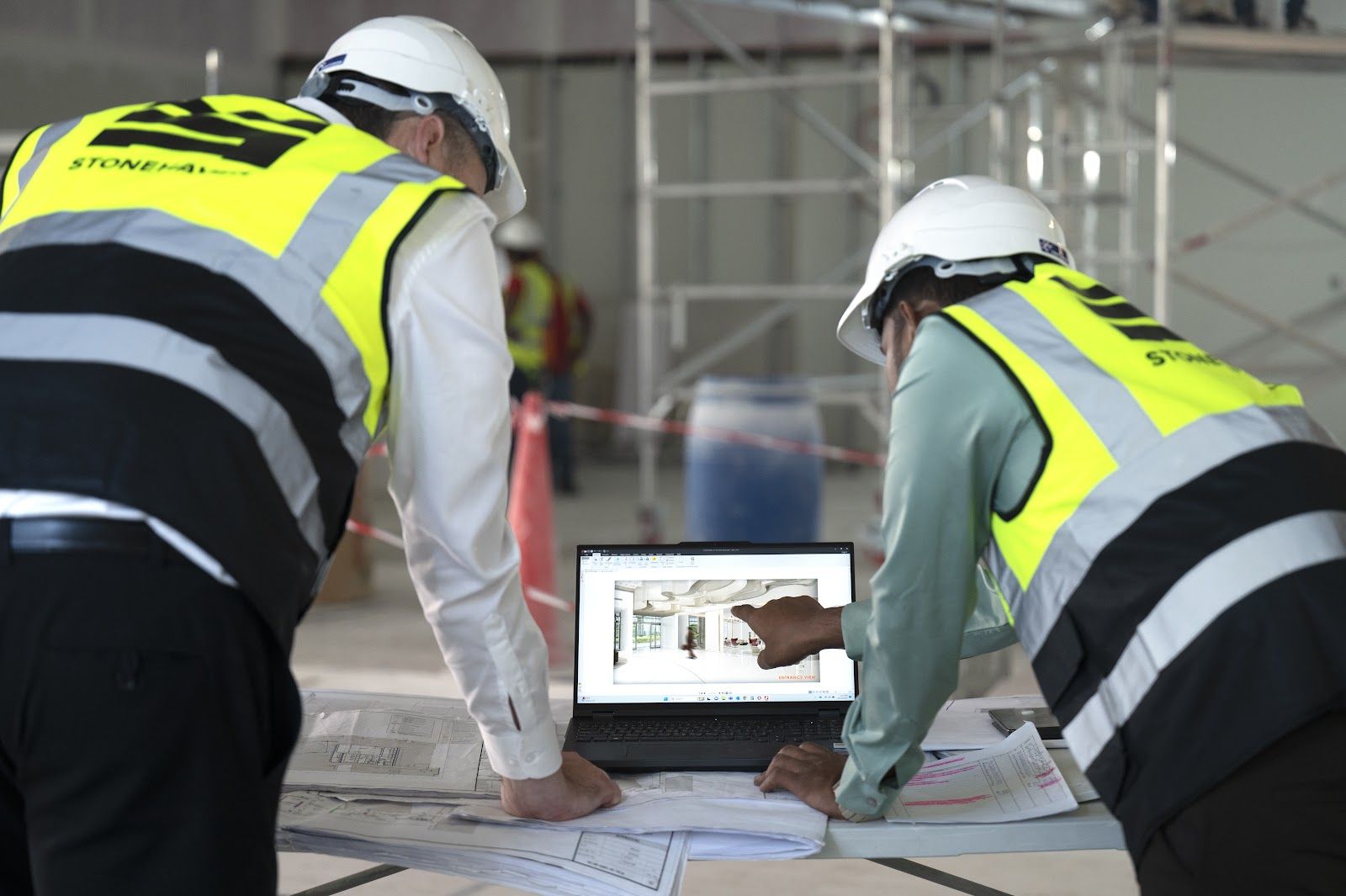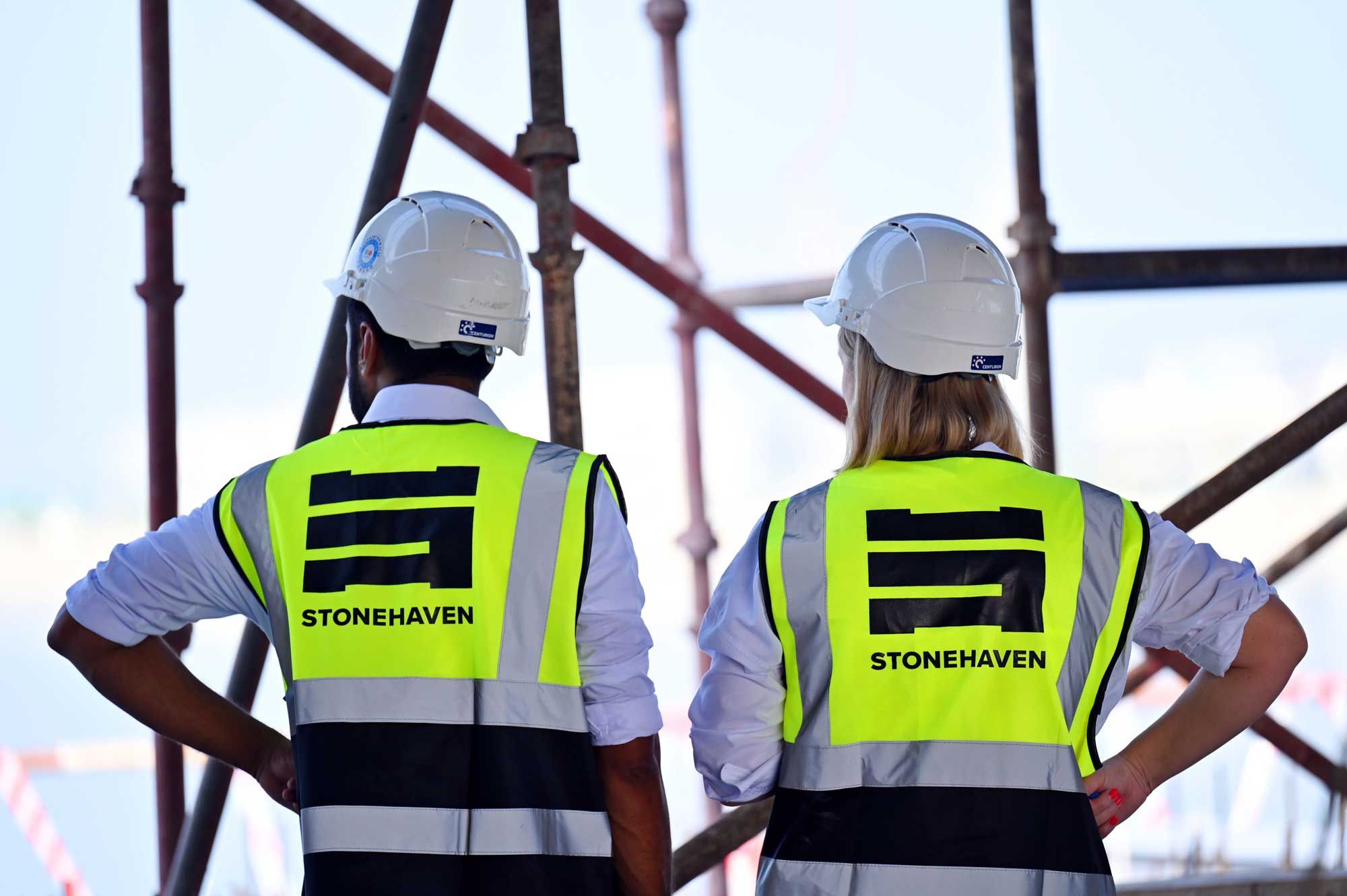The construction industry thrives on precision, organisation, and efficiency. With multiple projects running simultaneously, project management becomes the critical foundation for success.
The complexities of managing multiple construction projects come with their own set of challenges. From ensuring resource availability to coordinating teams across various locations, project managers often face competing demands. Effective programme management not only mitigates these challenges but also ensures consistency in quality and delivery.
In this guide, we’ll explore proven methods for managing multiple construction projects efficiently. This includes strategies for resource planning, time management, and risk mitigation. With insights into modern tools like construction scheduling programs and agile methodologies, this article will provide actionable solutions for professionals seeking to optimise their workflows.
How Do You Manage Multiple Construction Projects?
Managing multiple construction projects requires a balance of strategy, communication, and technology. It begins with creating a programme management framework that centralises control while providing flexibility. This allows project managers to monitor timelines, budgets, and resources across all sites effectively.
The first step is adopting construction project management tools. Platforms like Procore and Autodesk help consolidate data and provide real-time insights. This transparency enables quick decision-making and reduces the risk of delays.
Communication is another pillar of successful projects. Regular updates, stakeholder meetings, and collaborative platforms ensure all parties are aligned on objectives and progress. Clarity in communication reduces misunderstandings in the working environment. Upto 77% of construction projects suffer significant delays, and one of the biggest factors is poor communication. And when managing multiple projects, this possibility for delay is compounded, if all parties are not aligned.
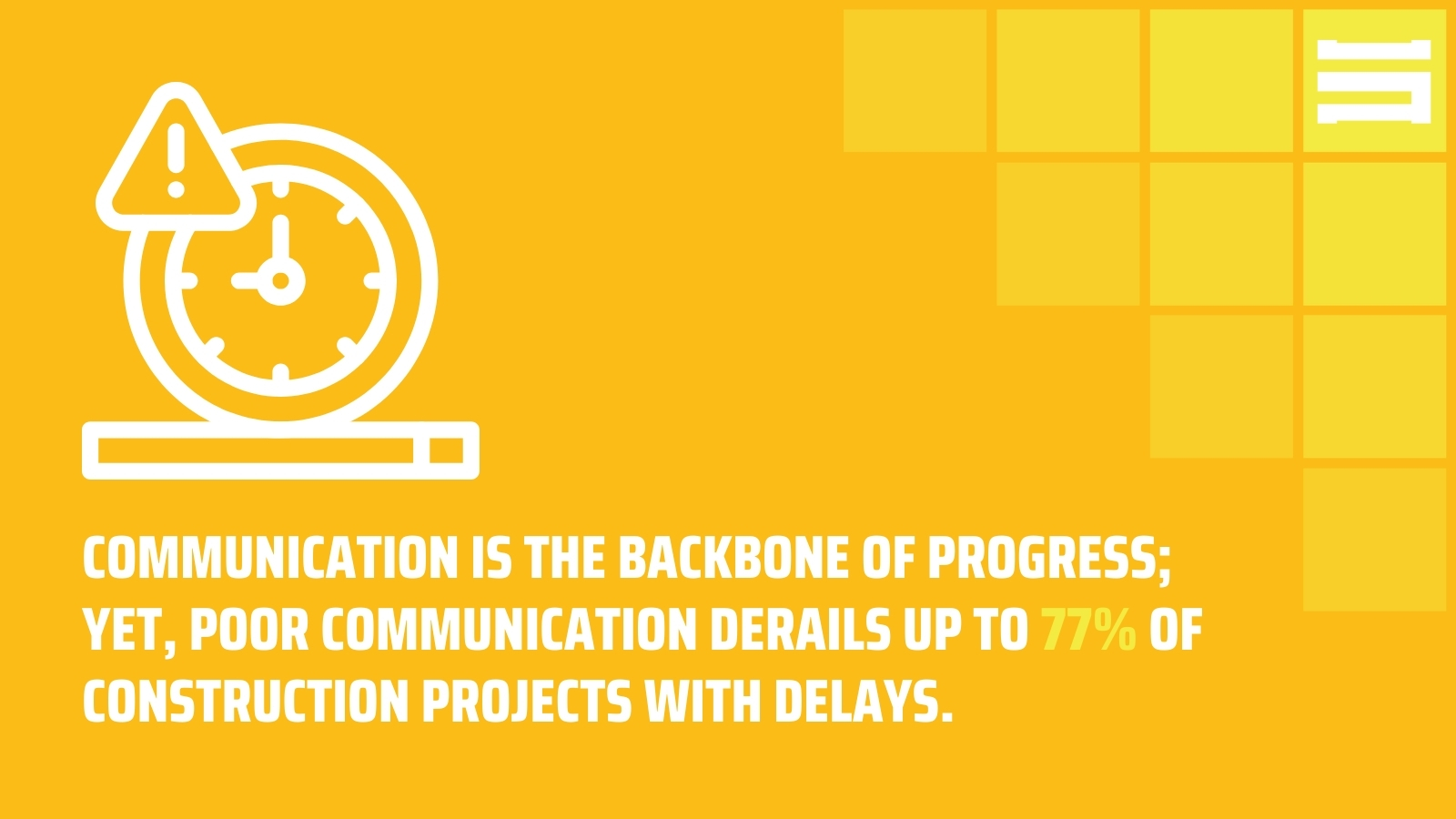
Resource allocation is equally critical. A project manager must analyse resource requirements for each project and prioritise based on urgency and impact. Scheduling conflicts can often arise, so it’s essential to plan to ensure the availability of skilled labour, equipment, and materials.
What are Some Strategies for Managing Multiple Projects?
Managing multiple construction projects can be daunting, but with the right strategies, you can maintain efficiency, meet deadlines, and ensure quality. Here are seven actionable strategies to help:
1. Centralise Your Project Management Process
Adopt a centralised system where you can track all projects in one place. Tools like Gantt charts and construction scheduling programs offer a clear visualisation of project timelines, budgets, and tasks. Centralisation enables better monitoring and faster adjustments when needed.
2. Prioritise Critical Tasks in Priority Order
Not all tasks are equal. Use a priority matrix to identify critical-path tasks—the ones that directly impact project completion. By focusing resources and attention on these tasks, you ensure steady progress across all projects.
3. Delegate Responsibility Effectively and Efficiently
Delegate tasks to team members based on expertise, availability, and project needs. Empower your team with clear roles and responsibilities to avoid overlap and confusion.
4. Communicate Consistently
Establish weekly check-ins or progress meetings to keep stakeholders informed. Use collaborative tools like Slack or Microsoft Teams to share updates, flag issues, and maintain transparency.
5. Assess Risks Proactively
Conduct regular risk assessments to identify potential obstacles in each project. Develop contingency plans that allow you to respond quickly to challenges like weather delays or material shortages.
6. Leverage Technology
Construction project management software like Procore or Autodesk Docs streamlines documentation, communication, and scheduling. These tools provide real-time data that enables better decision-making.
7. Standardise Processes and Reframe on the Go
Standardised procedures across projects improve consistency and reduce errors. Create templates for common tasks like reporting, approvals, and documentation.
By adopting these strategies, you’ll create an efficient workflow that reduces bottlenecks, optimises resources, and ensures timely project delivery.
Four Ways to Manage Your Time in Handling Multiple Projects
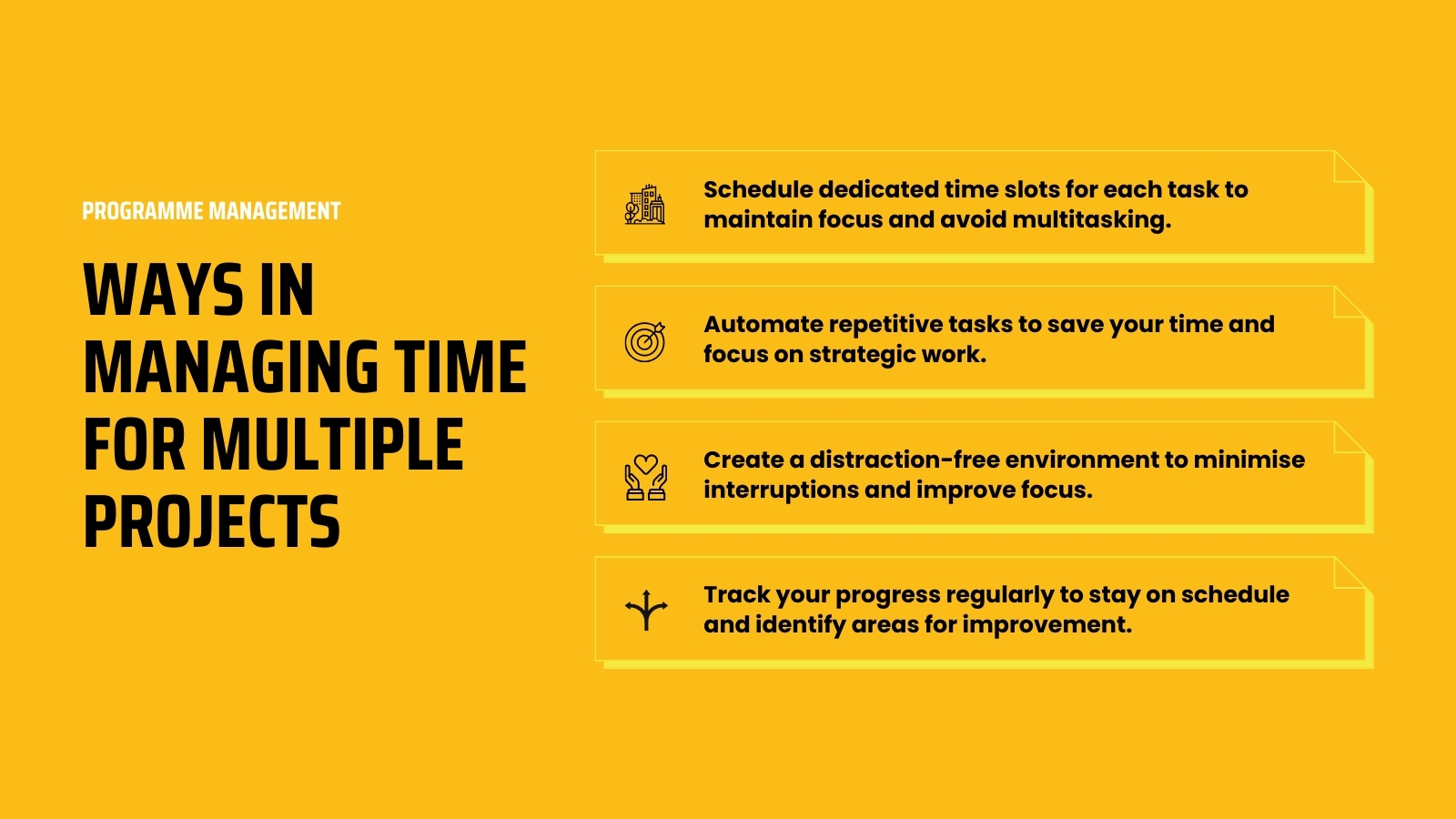
Time is one of the most non-expendable resources for construction managers. With multiple projects competing for attention, mastering time management is critical. Here are five ways to optimise your time:
1. Time Blocking for Tasks
Schedule dedicated blocks of time for each project or task. This ensures focused attention and prevents multitasking, which often leads to errors. Tools like Google Calendar or Microsoft Outlook can help plan and track these time blocks.
2. Automate Repetitive Tasks
Automation saves time and reduces manual effort. Use project management software to automate updates, reports, and reminders, allowing you to focus on strategic tasks.
3. Minimise Interruptions as much as possible
Create a distraction-free environment by setting boundaries with your team. Let them know when you’re available for queries and when you need uninterrupted focus.
4. Tracking Your Progress
Use tools to monitor progress and stay on top of deadlines. Regularly reviewing your schedule helps identify inefficiencies and adjust priorities.
By managing your time effectively, you can stay on track with multiple construction projects while reducing stress and improving overall productivity.
How Many Construction Projects Can a Project Manager Handle?
The number of construction projects a project manager can handle depends on several factors, including project size, complexity, and available support. Smaller, less complex projects allow managers to oversee more at once, while large-scale developments require focused attention.
1. Assessing Capacity
Experienced project managers with robust support teams can manage anywhere from five to ten smaller projects simultaneously. However, for larger, high-stakes projects, it’s often better to focus on just one or two at a time.
2. Get Trained on the Latest Technology
Modern tools like multiple project trackers and construction scheduling programs expand a project manager’s capacity by providing a clear overview of all tasks, deadlines, and resources.
3. Reach Out for Support
Having assistant project managers or coordinators can significantly lighten the workload, allowing you to manage more projects without compromising quality.
Ultimately, the key is to strike a balance. Taking on too many projects can lead to delays, errors, and burnout. Regularly evaluate your workload and adjust your responsibilities accordingly.
Case Study: How Stonehaven Plans Resources Ahead for Multiple Projects
Effective resource planning lies at the core of Stonehaven’s ability to manage and deliver multiple high-profile construction projects. By optimising labour, materials, and equipment across diverse sites, we ensure efficiency, cost control, and on-time delivery. Let’s explore how we achieve this, using our marquee projects as examples:

JETEX Airport Lounge, DWC
For the luxurious JETEX Airport Lounge, resource planning ensured seamless execution despite tight timelines and premium material requirements in time to serve the COP28 international climate event. Coordinating skilled labour and high-end finishes demanded an intricate balance between precision and speed which we delivered efficiently.
Baoli Beach Club, Jumeirah
The vibrant Baoli Beach Club required innovative solutions for resource allocation due to its dynamic design elements. By prioritising manpower for critical milestones and using advanced project management tools, we ensured timely delivery while maintaining exceptional quality standards.
Anantara Hotel and Branded Residences, Sharjah
For the prestigious Anantara Hotel and Branded Residences, we implemented a phased resource allocation strategy to align with the project’s complex requirements. Cross-training our team has allowed us to maintain flexibility and adapt to evolving demands without compromising efficiency.
Our Proven Approach
1. Assess Resource Availability
Start by evaluating the resources at your disposal, including manpower, equipment, and materials. Identify potential shortages and plan for procurement in advance to avoid delays.
2. Prioritise Allocation Based on Urgency
Allocate resources based on the urgency and criticality of tasks. Projects in their final stages may require more manpower, while those in the planning phase can operate with fewer resources.
3. Use Resource Management Software
Tools like Procore, Autodesk, Microsoft Office provide real-time visibility into resource usage. These platforms help you identify conflicts, over-allocations, and idle resources, enabling better utilisation.
4. Cross-Train Your Employees
Cross-training increases flexibility, allowing workers to handle tasks across multiple projects. This approach reduces dependency on specialised skills and provides a safety net in case of absenteeism.
5. Monitor and Adjust
Regularly review resource utilisation to ensure alignment with project goals. If one project is falling behind, consider reallocating resources temporarily to bring it back on track.
By planning resources strategically, you can minimise conflicts, improve efficiency, and keep all projects moving forward seamlessly.
Challenges in Managing Multiple Projects
Managing multiple projects simultaneously is a common scenario in today’s fast-paced business environment, particularly in industries such as construction, IT, and consulting.
However, overseeing a portfolio of projects comes with its own set of challenges. By identifying these issues early and implementing effective strategies, project managers can ensure projects are delivered on time, within budget, and to the desired quality standards. Below are some of the key challenges faced when managing multiple projects, along with corresponding solutions.
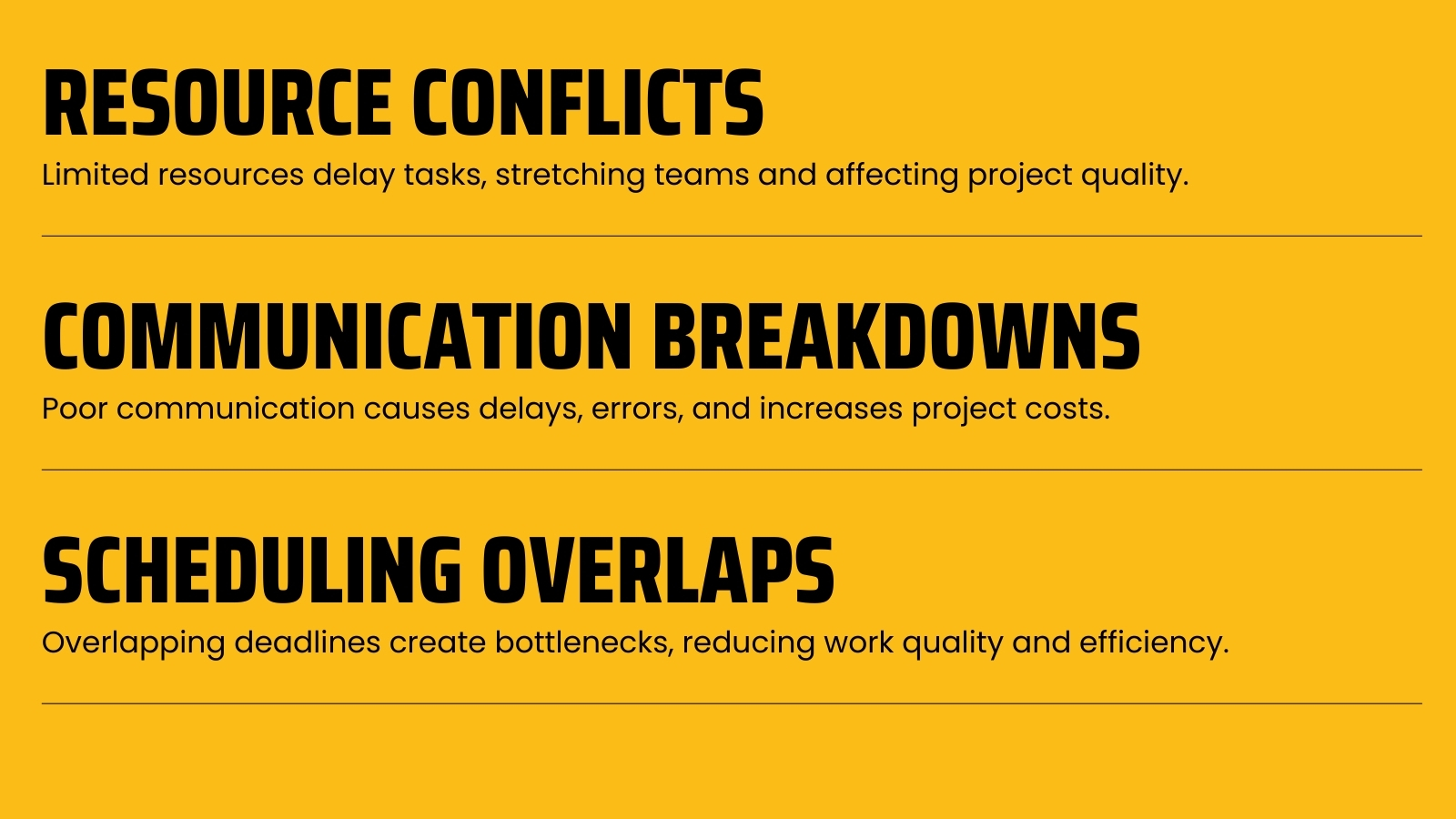
Resource Conflicts
Managing multiple projects often leads to resource conflicts, with projects competing for personnel, equipment, or funds. Limited resources delay tasks and stretch teams thin, harming quality and progress.
Communication Breakdowns
Poor communication disrupts project success. Misaligned teams, unclear updates, and inconsistent coordination result in delays, errors, and higher costs, hindering project timelines.
Scheduling Overlaps
Overlapping deadlines challenge project managers. Poorly coordinated schedules overwhelm teams, create bottlenecks, and reduce work quality. Without effective tools, timeline clashes are hard to spot.
Solutions for Efficiently Managing Multiple Projects
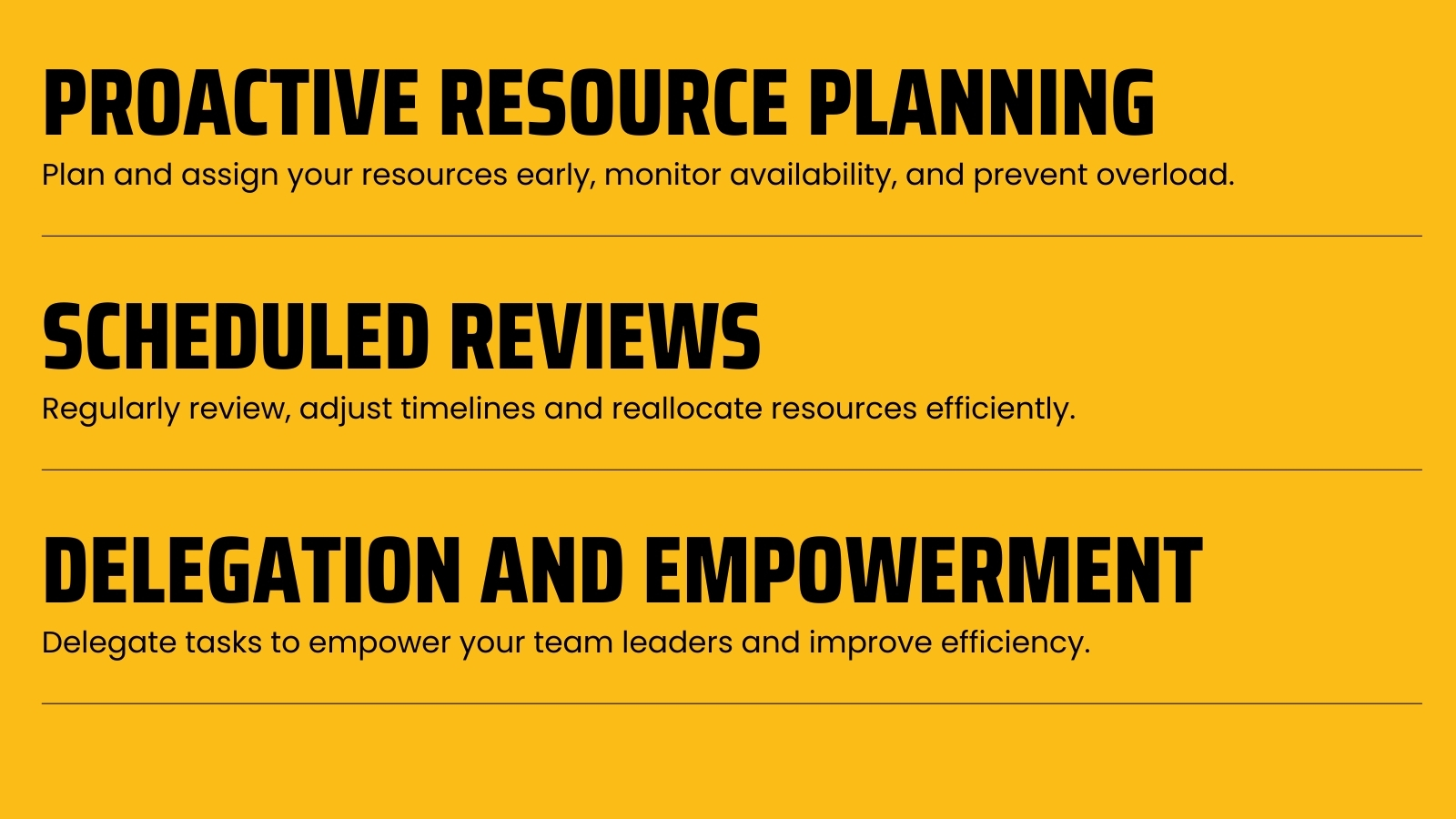
Proactive Resource Planning
Proactively planning resources prevents conflicts. Advanced project management tools help allocate resources effectively and monitor availability in real-time, ensuring the right fit for projects. Adding resource buffers accommodates delays and avoids overloading, leading to balanced workloads.
Scheduled Reviews
Frequent schedule reviews identify overlaps and allow timeline adjustments based on priorities. Revisiting deadlines, reallocating resources, and using tools like Gantt charts provide clarity and contingency. Regular team check-ins address issues early.
Delegation and Empowerment
Delegating tasks to team leaders or department heads reduces the manager's load. This decentralisation enables quicker decisions and more efficient resource management, while managers focus on strategy.
Conclusion
The complexities involved in resource allocation, team coordination, and schedule management demand a structured, strategic approach. Stonehaven serves as the backbone of successful project execution. We ensure every element—from timelines to resources—is aligned for optimal efficiency.
Throughout this guide, we have explored proven strategies and actionable insights for handling the challenges of managing multiple construction projects. From leveraging cutting-edge project management tools to adopting time-tested techniques like prioritisation and resource levelling, the key to success lies in organisation, communication, and adaptability.
The integration of technology, such as construction scheduling programs and multiple project trackers, empowers managers with real-time data and greater control over their operations. Meanwhile, focusing on consistent communication and proactive problem-solving ensures that both internal teams and stakeholders remain aligned, minimising delays and disruptions.
By following the principles and practices outlined here, project managers can not only meet deadlines and budgets but also exceed client expectations, delivering consistent results across all projects. In an industry where reputation is everything, mastering programme management is the ultimate competitive advantage.
With the right strategies, tools, and mindset, construction professionals can confidently navigate the challenges of managing multiple projects, ensuring both short-term success and long-term growth.
About us
At Stonehaven, we believe that project management is more than just a service—it’s the foundation of excellence in construction. With decades of experience and a team of dedicated experts, we specialise in helping contractors and sub-contractors streamline their operations, maximise efficiency, and deliver results that surpass expectations.
Our bespoke programme management services are tailored to the unique needs of your diverse projects, whether you’re managing a single site or juggling multiple large-scale developments. We work closely with clients to create customised strategies that address every aspect of project delivery, from resource planning and scheduling to risk management and quality assurance.











